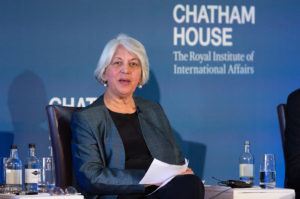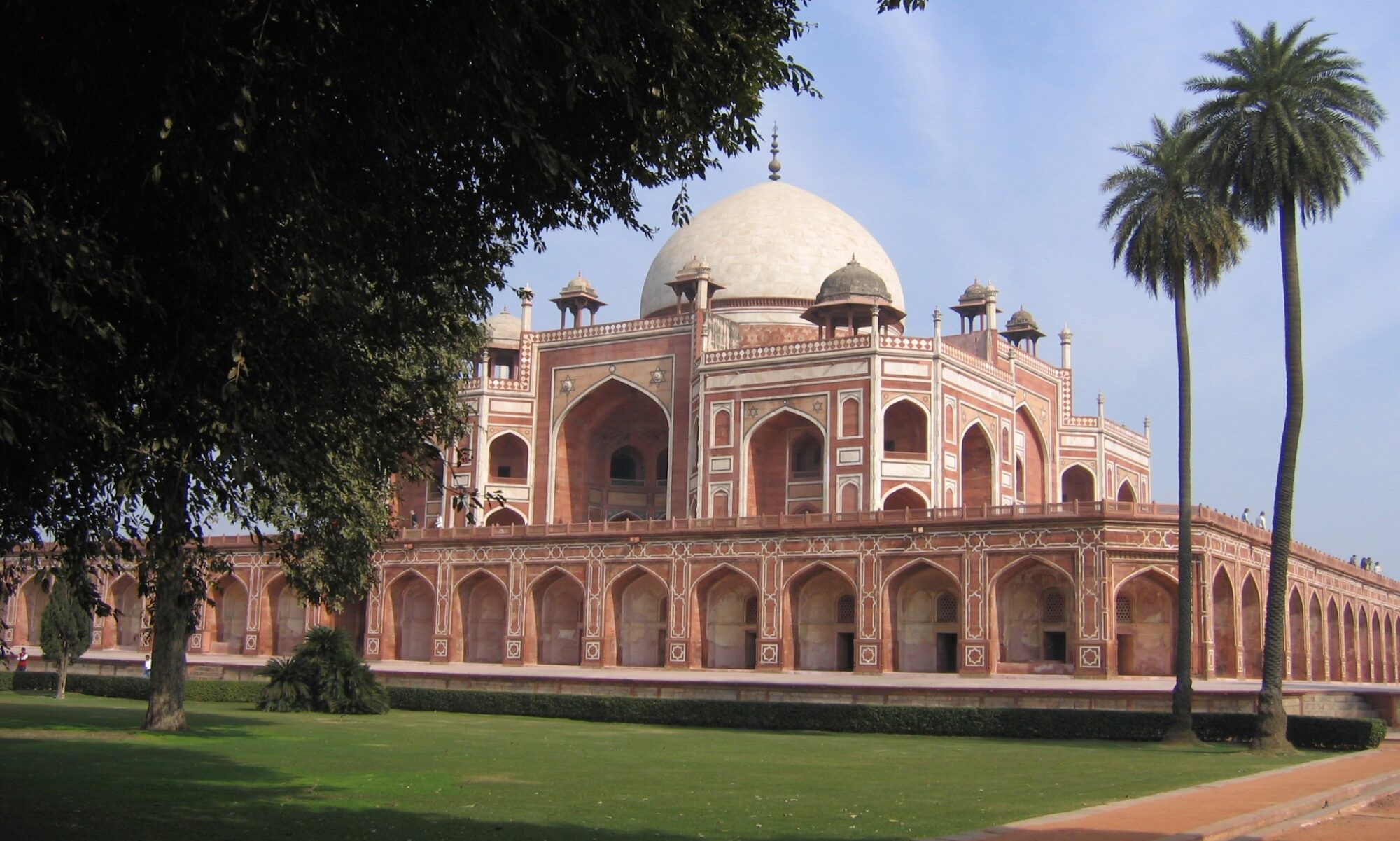
October 28, 2020: Isher Ahluwalia came from a modest family of 11 siblings, discovered her remarkable academic talents in high school, and went on to start a brilliant career and a devoted marriage to Montek while they were living in Washington and Isher was finishing her PhD.
She was, in short, intimidatingly smart, and gorgeous and gracious besides. But much more importantly, she was a brilliant economist, a woman of heart and dedication, with strong and very human priorities. These are the qualities to which her many friends were attached.
Both she and Montek wrote memoirs – and both paint a loving and fascinating picture of her. Montek recounts how, after they had completed their initial contracts at the International Monetary Fund, they decided to head back to India. There were plenty of solid professional reasons why that might be a good move, but the real driver was Isher’s determination that her children, who were born soon after their return to Delhi, live their lives in India, with the sights, smells and above all family to shape their lives.
Both Isher and Montek made their careers in economics, but they moved in parallel rather than in lock-step in their professional lives. Isher devoted many years to studying agricultural economics, especially the aspects of it most important to Punjab, the home base for both of their Sikh families. In later life, Isher threw herself into the study of cities, in a granular detail that few of her professional colleagues had attempted. On one trip to the United States, as a guest of the Asia Foundation, she made a field trip to a waste processing plant in California. She recognized that disposing of waste was a critical factor in the livability of cities, and wanted to learn as much as she could about the science, the logistics, and the governance that made for an effective system.
Isher was a remarkable institution-builder, and left a strong imprint on the two organizations she headed. One was an Indian think tank devoted to trade (Indian Center for Research on International Economic Relations, ICRIER), which was invited by the Commerce Ministry to do an in-depth study of the benefits that might come from a more open market. No government agency – least of all in India, where the Indian Administrative Service wore its traditional power a tad heavily – likes to ask for the advice of outsiders. But they asked for it all the same.
Isher’s other institution was the International Food Policy Research Institute (IFPRI), an international organization related to the World Bank. Isher turned it into a remarkable transmission belt for research on agricultural policy, to the benefit of farmers across much of the world.
But my warmest memories of Isher were the times I stopped by her house in Greater Kailash for a cup of tea and conversation. Her delight at grandchildren racing down slides in her garden, her sometimes acerbic but always good-natured comments on personalities and goings-on made these afternoons feel like a kind of homecoming. Once I happened to be in town the day she was awarded one of India’s most distinguished awards, the Padma Bhushan. She was really thrilled – and it was lovely to see someone who had truly earned her award take such joy in the recognition.
Isher was taken from us too soon. India will be a less colorful place without her, but her mark will be on the country forever.

